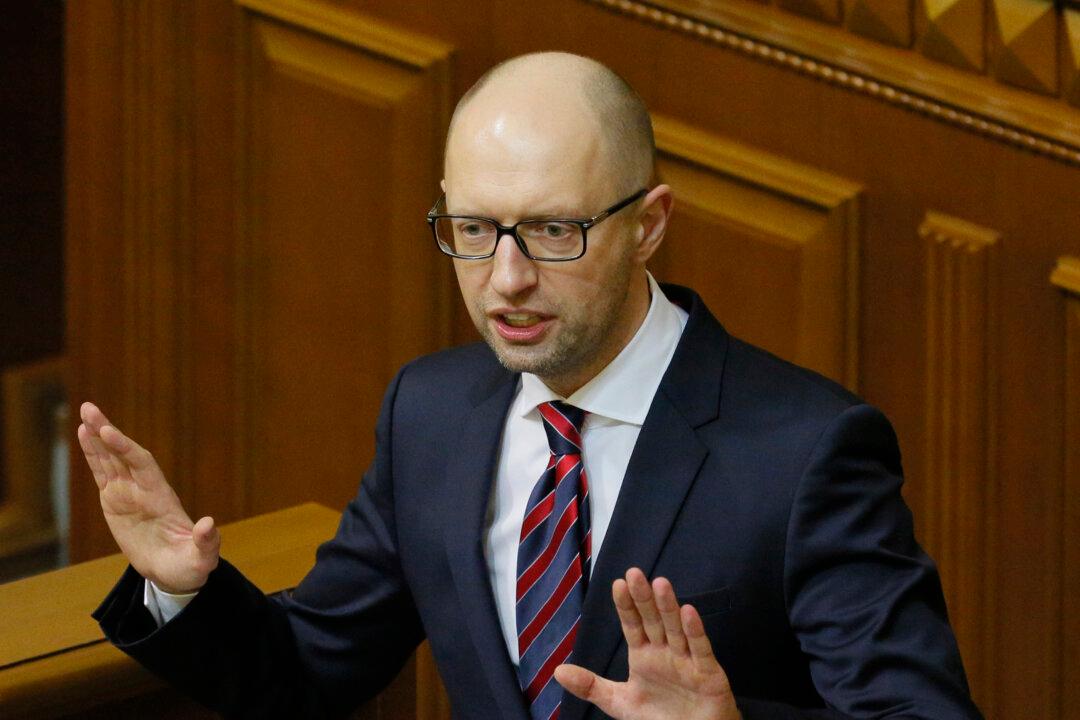MOSCOW—The government of Ukrainian Prime Minister Arseniy Yatsenyuk survived a no-confidence vote on Tuesday though a majority of lawmakers harshly criticized its work.
The vote reflected simmering political tensions amid Ukraine’s economic troubles that have eroded public support for Yatsenyuk’s Cabinet. The failure to pass the motion reflected lawmakers’ fears that it could lead to the collapse of the ruling coalition and early elections.
Earlier in the day, Ukraine’s President Petro Poroshenko called on the embattled prime minister to resign and for a new line-up of ministers to be appointed.
The tension between the government and the factions has become so high that it poses a threat to the coalition's functioning.
, Ukraine





